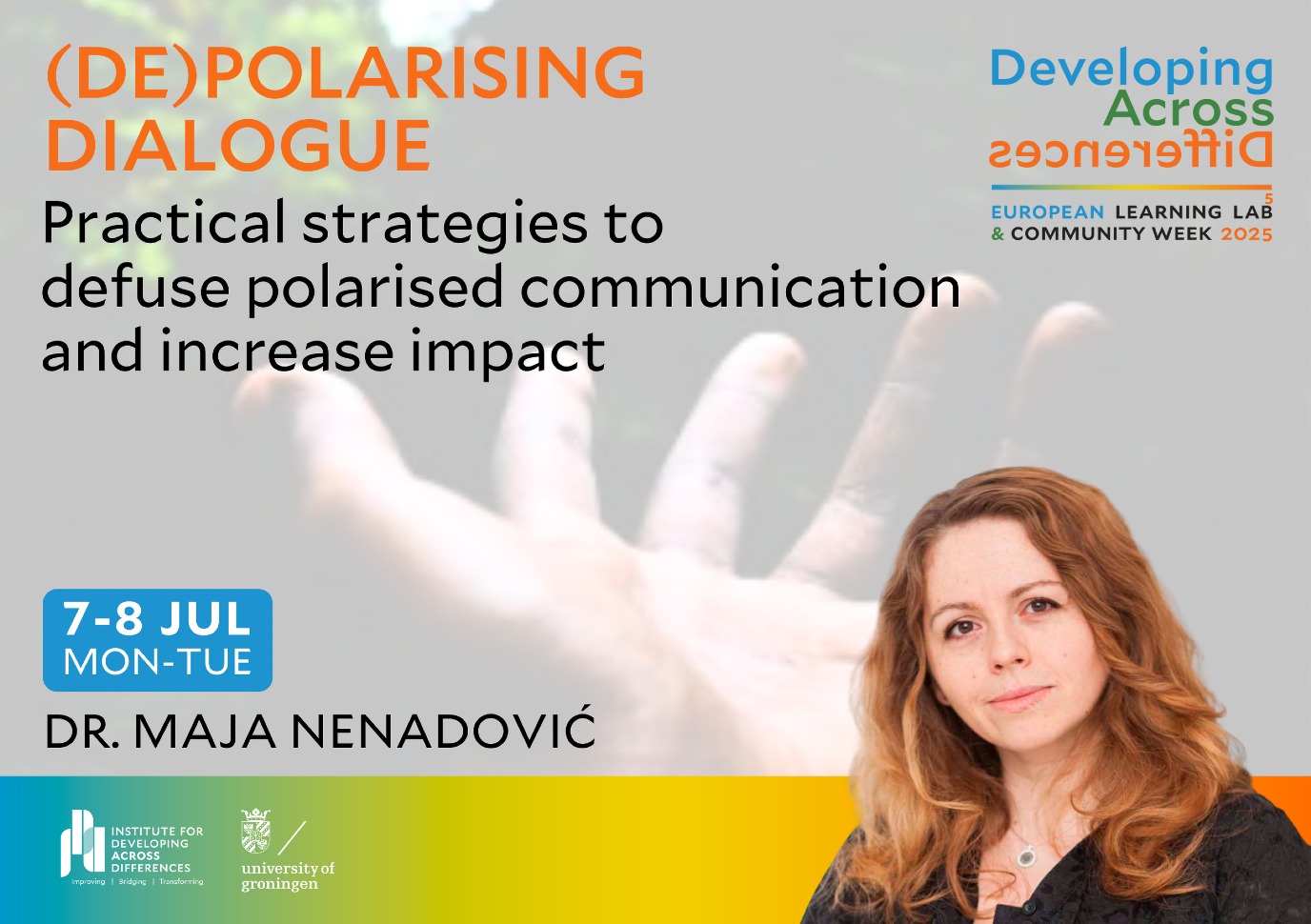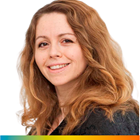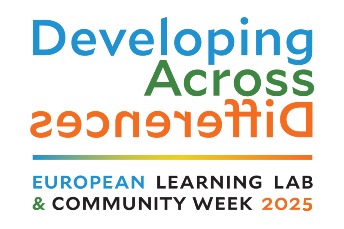Developing Across Differences: (De)Polarising Dialogue

In the workplace, classroom and on our streets, everyday interactions increasingly provoke angry divisiveness. Red lines are drawn and redrawn between “Them” and “Us”, making civil discussion and respectful disagreements seemingly a thing of the past.
This course addresses the real-life issue of divisive rhetoric and polarized encounters in Europe—whether about the pandemic and self-expression, freedom of expression versus hurtful rhetoric, or otherwise.
Why should you attend?
This course will provide you with specific tools and activities that you—and your clients, colleagues, students and trainees—can apply in different polarized situations when non-constructive and, at times, destructive debate hijacks space for dialogue.
If you work with those who find themselves having difficulty explaining and advocating for their position and views, or are regularly met with opposition and resistance even in the face of science/facts, this course will show how to better adapt communication approaches to defuse tensions, maximize the chances of being heard, and achieve desired outcomes.
Practical information
|
Dates & location
|
7 - 8 July 2025 Academy Building (Broerstraat 5) or Harmonie Building (Oude Kijk in Het Jatstraat 26) |
|
Level
|
PhD/Postdoc/Practitioners May be appropriate for some MA students; contact the organisers for consultation about eligibility |
|
Fee |
€ 1050 |
|
Academic coordinators
|
Dr. Maja Nenadović |
|
Contact
|
ic rug.nl or info iddifferences.org
|
Requirements
Level requirements
The DAD is for multipliers who help individuals, organizations and societies better recognize, appreciate and use differences as a way of better communicating, working and thriving together.
These are (in-house and external) trainers, educators, consultants, coaches, researchers, scholars, facilitators, HR staff, advanced-level (MA+) students, and professional development specialists with 5+ years of experience/study in the greater Differences field. Contact the organisers at ic rug.nl or info iddifferences.org for consultation about appropriateness and eligibility.
It is expected that the participants have a sufficient command of the English language to actively participate in the discussions and to present their own work in English.
Participant profile
This course is for you if you are a consultant/trainer/multiplier/educator who helps those who:
-
Have meetings/lessons/agendas that are ‘hijacked’ by stakeholders with extreme views;
-
Experience increasingly heated and uncivil disagreements among colleagues, whether around political issues, current events, or otherwise;
-
Are holding back from authentic engagement due to anticipated/actual discriminatory and hate speech remarks…or the fear of inadvertently giving offense.
Contact the organisers at ic rug.nl or info iddifferences.org if you have questions about the suitability of this course for your circumstances.
Learning outcomes
After this course you —and those you work with— will be able to:
-
Immediately “dial down” the temperature in tense and intense verbal encounters
-
Diagnose communication problems in real-time
-
Engage in ‘on the spot’ strategic planning to transform communication and improve engagement
-
Implement appropriate strategies for engaging in dialogue with those with (extremely) differing views and making oneself heard
-
Respond to discriminatory remarks and/or hate speech with integrity and civility
Workload
12 hours of in-class learning and active participation using experiential methods.
Upon successful completion of the programme, the Summer School offers a Certificate of Attendance that mentions the workload of 12 hours (28 hours corresponds to 1 ECTS). Students can apply for recognition of these credits to the relevant authorities in their home institutions, therefore the final decision on awarding credits is at the discretion of their home institutions. We will be happy to provide any necessary information that might be requested in addition to the certificate of attendance.
Course schedule
Sunday, 6 July
15.00-18.00 Optional networking event
Monday, 7 July - Tuesday, 8 July
09.00-17.30
Learning approach
This course will blend cognitive and affective discussions about key concepts, dynamics, and cognitive biases with experiential, behavior-oriented opportunities for self-reflection, skill-building activities, and how to pass along these insights to others.
You will practice applying the tools and strategies and consider how you might share them as a part of your client work.
We will explore some difficult and, at times, uncomfortable conversations during this course. When analyzing the causes behind polarization, conflict, and the heightened emotions that occur during disagreements, we will necessarily shy away from “political correctness” that may hamper our ability to authentically and clearly address the issues. This said, complex topics will be approached sensitively and with warnings provided.
Introduction to lecturer

Maja Nenadovic, PhD
Political education and human rights trainer Maja Nenadović, PhD, is a Monitoring-Evaluation-Learning and program design consultant, formal debate coach, lecturer and facilitator who has worked in 40+ countries.
Over the past 20 years, she has worked with both those who use discriminatory and hate speech rhetoric and those who are targeted by it, to create “Across Divides: Training Workshops for Depolarizing Communication,” a field-tested methodology for defusing and redirecting inflammatory encounters.
Holding a PhD from the University of Amsterdam, Maja’s research explores democracy promotion, post-conflict democratization processes, and dysfunctions in democracy. She is the co-founder of Reflectory, a boutique consultancy in the field of conflict transformation, civic engagement, and social cohesion. She lectures and trains internationally.
Faculty statement: “My work is inspired in part by this George Bernard Shaw quote, ‘The single biggest problem in communication is the illusion that it has taken place.’”Application procedure
|
Deadline for application
|
Regular registration closes on 3 May 2025. Late registration closes on 1 July 2025. |
|
Date of selection
|
Within 72 hours following registration, you will be contacted directly by the organisers about your application.
|
|
Application
|
Participants submit payment and details about their interest at the link below (click the "Apply now!" button). They will be contacted directly by the organisers about their experience and the suitability of the course. |
Please note that as all courses are subject to meeting minimum enrolments, the DAD team will confirm on or before 19 May 2025 that your course is taking place. We strongly advise you not to book non-refundable travel until you have received this confirmation. In all cases, refunds for courses are not available except in the case of course cancellation by the DAD organisers. In the case that your preferred course is cancelled, you are welcomed to enroll in an alternative course or request a refund. You will be notified on or before 19 May 2025 if the DAD course is cancelled. This policy is different from that of other University of Groningen Summer School and Language Centre courses. Full details are available on the Developing Across Differences (DAD) Learning Lab & Community Week Terms and Conditions page.


| Last modified: | 26 February 2025 2.36 p.m. |
